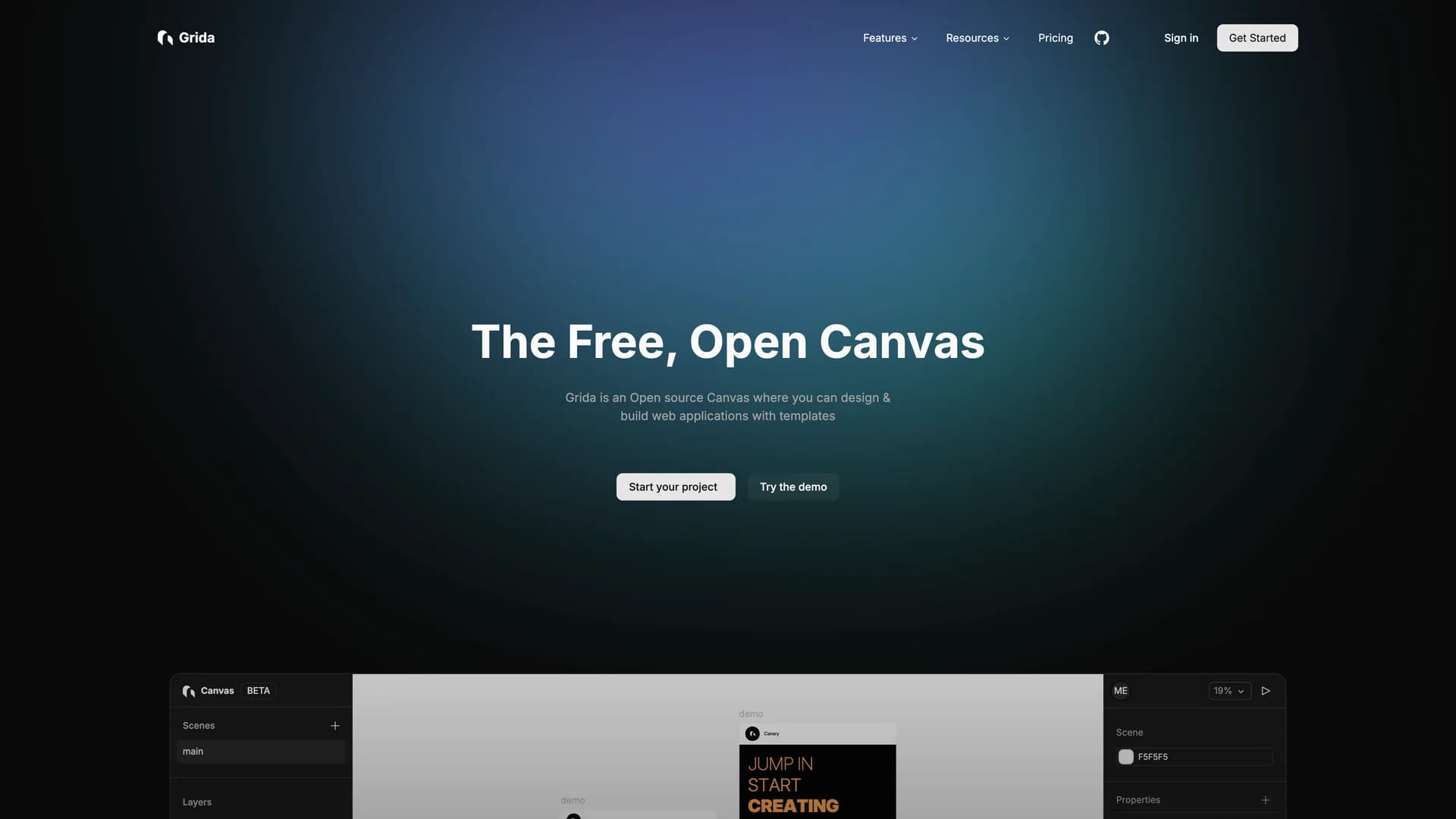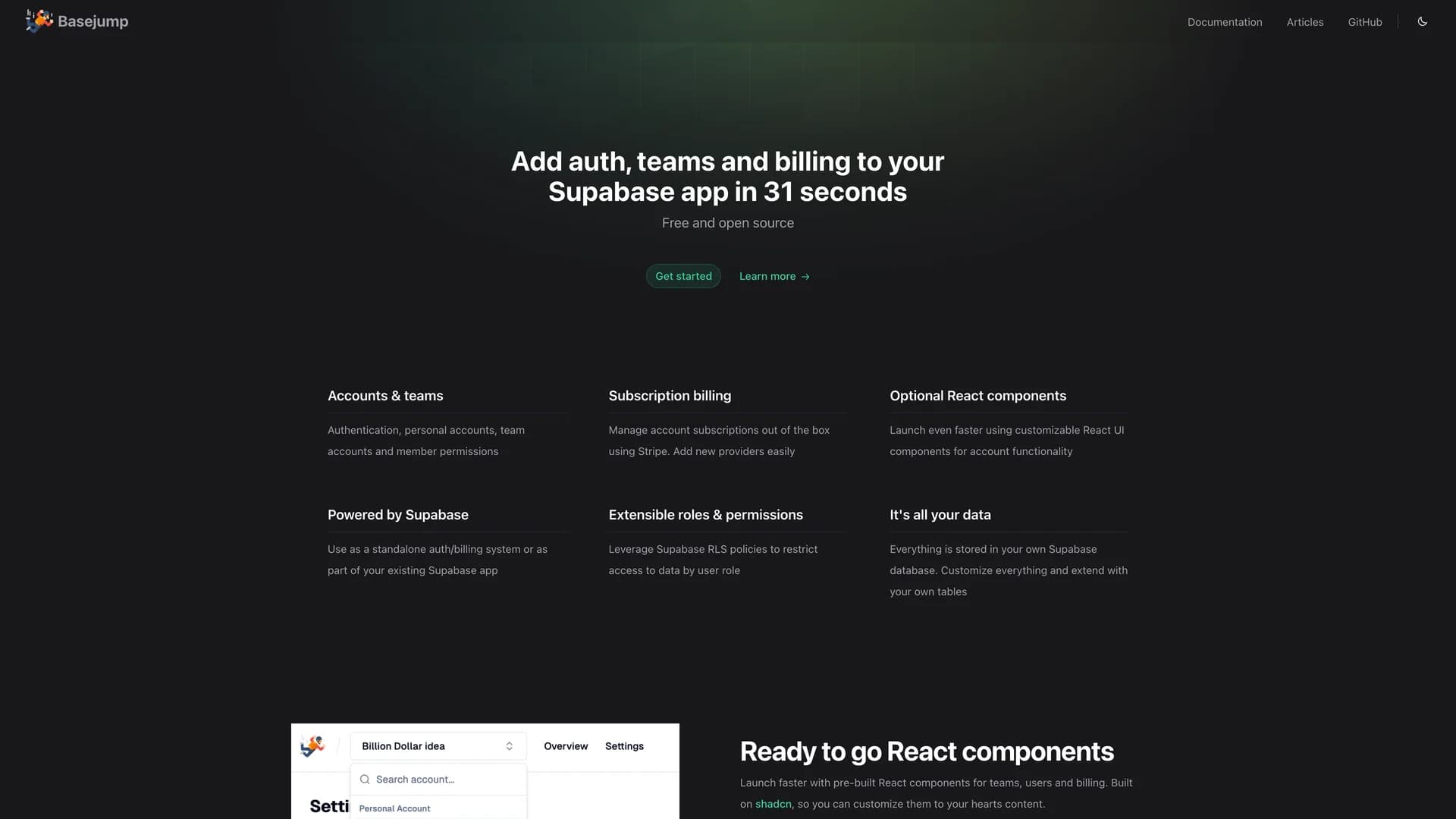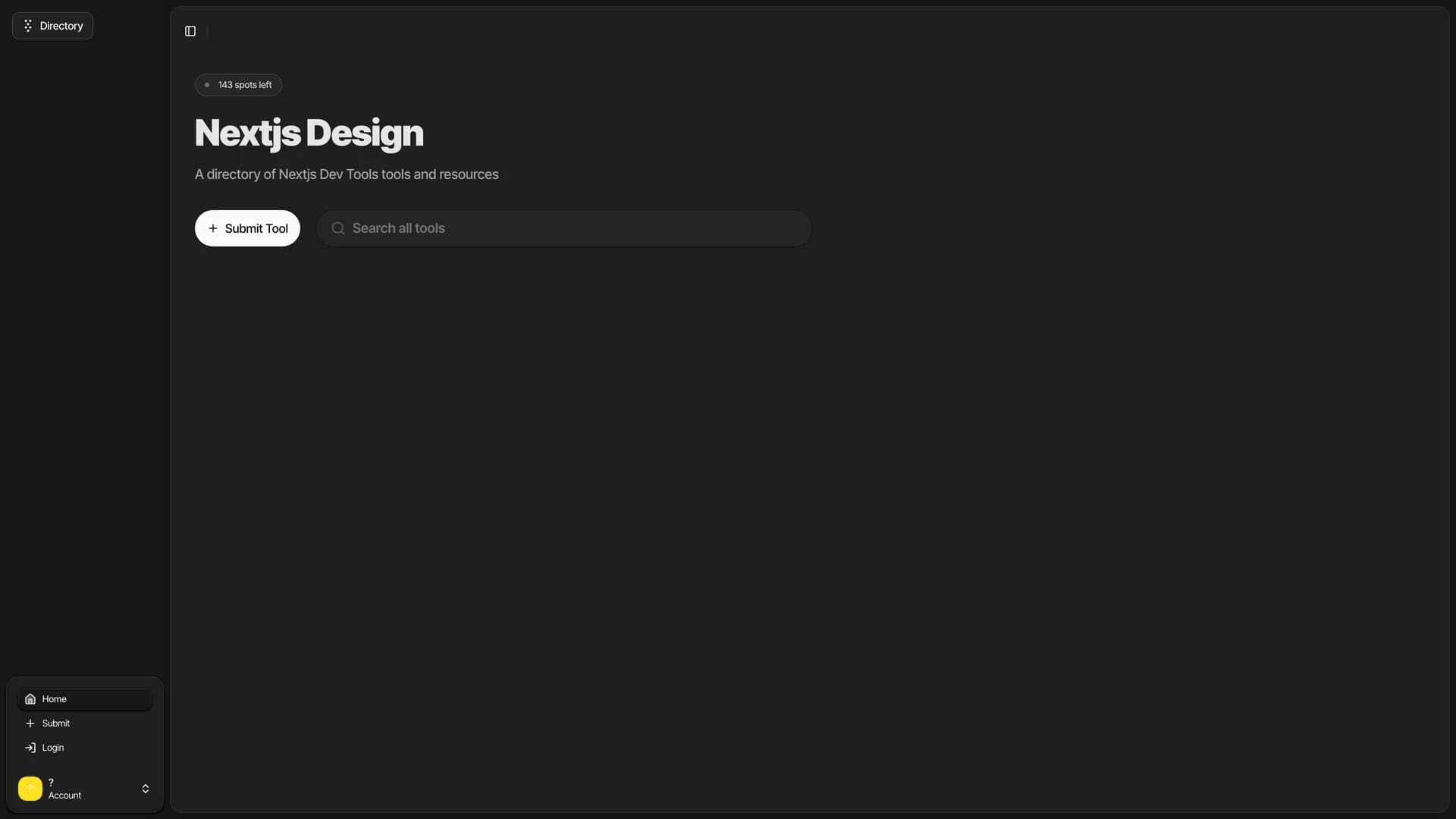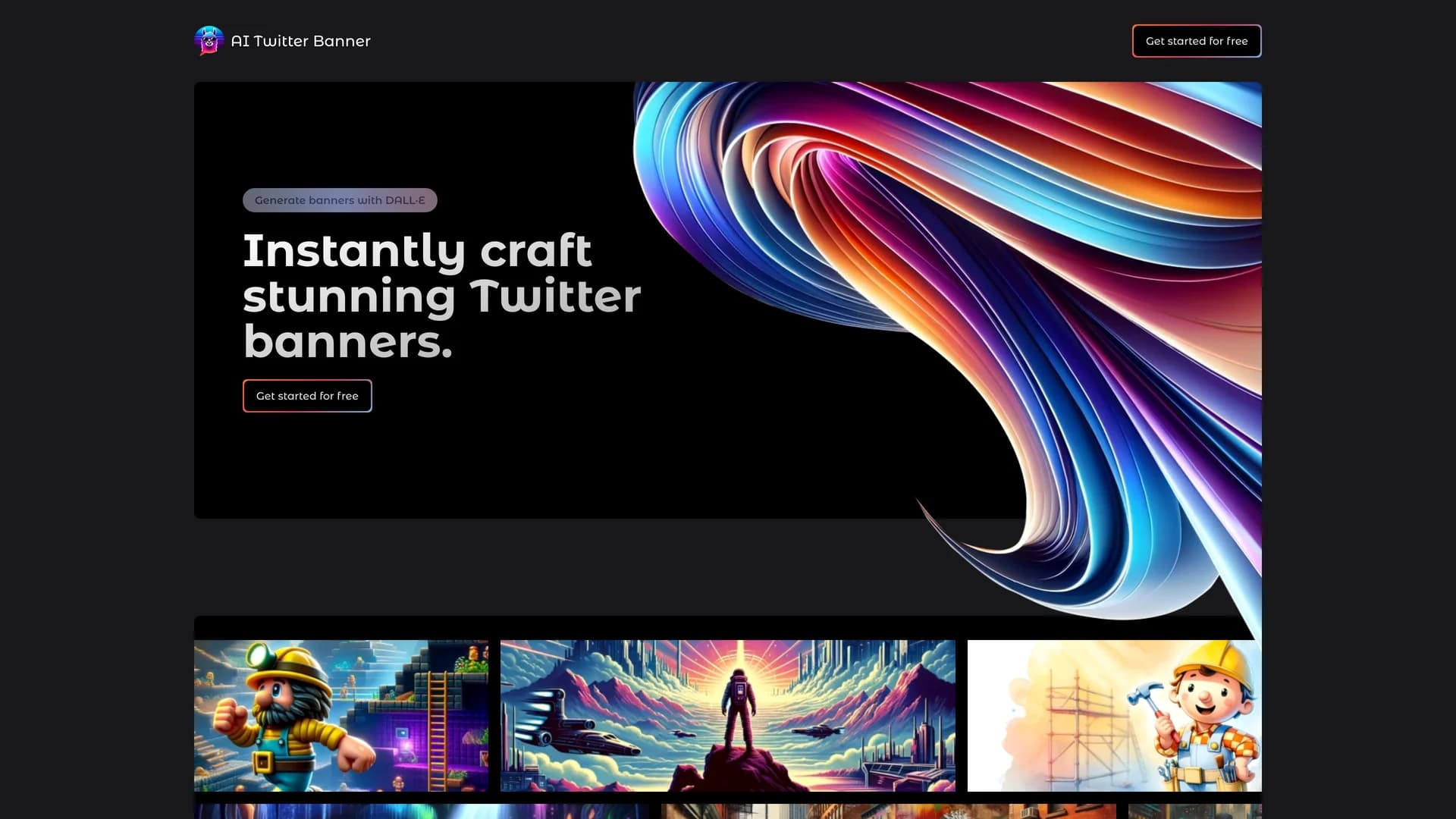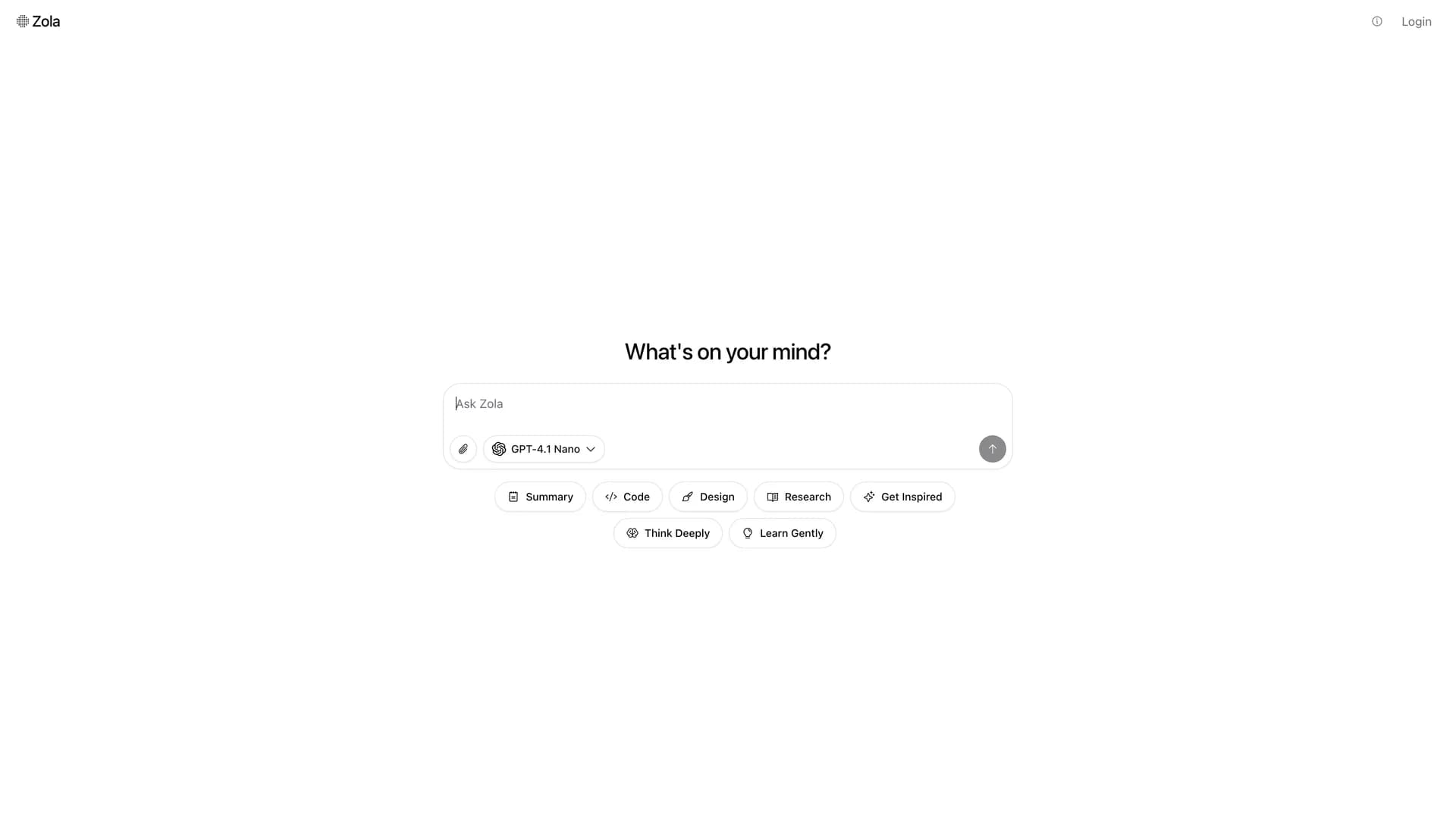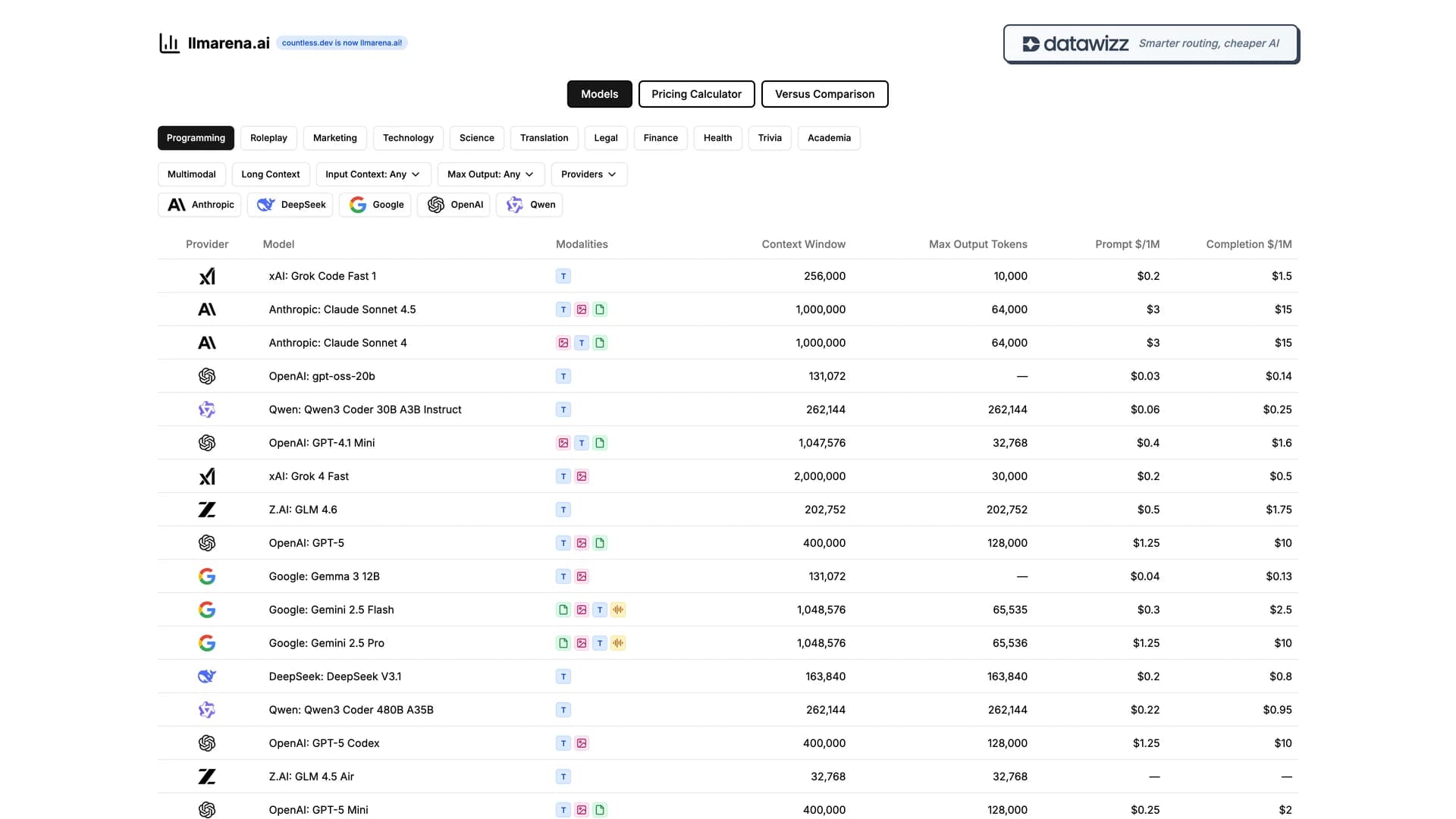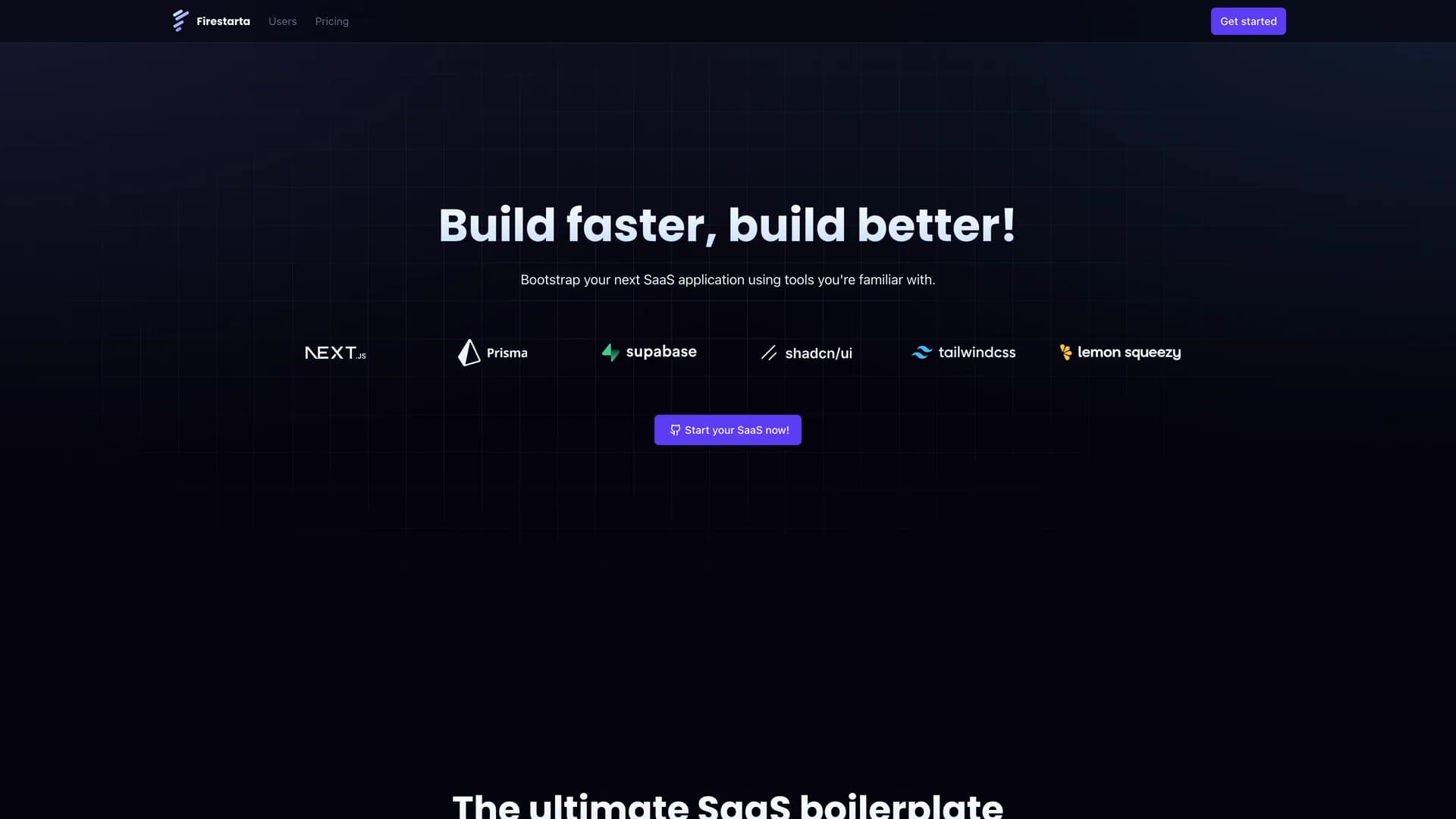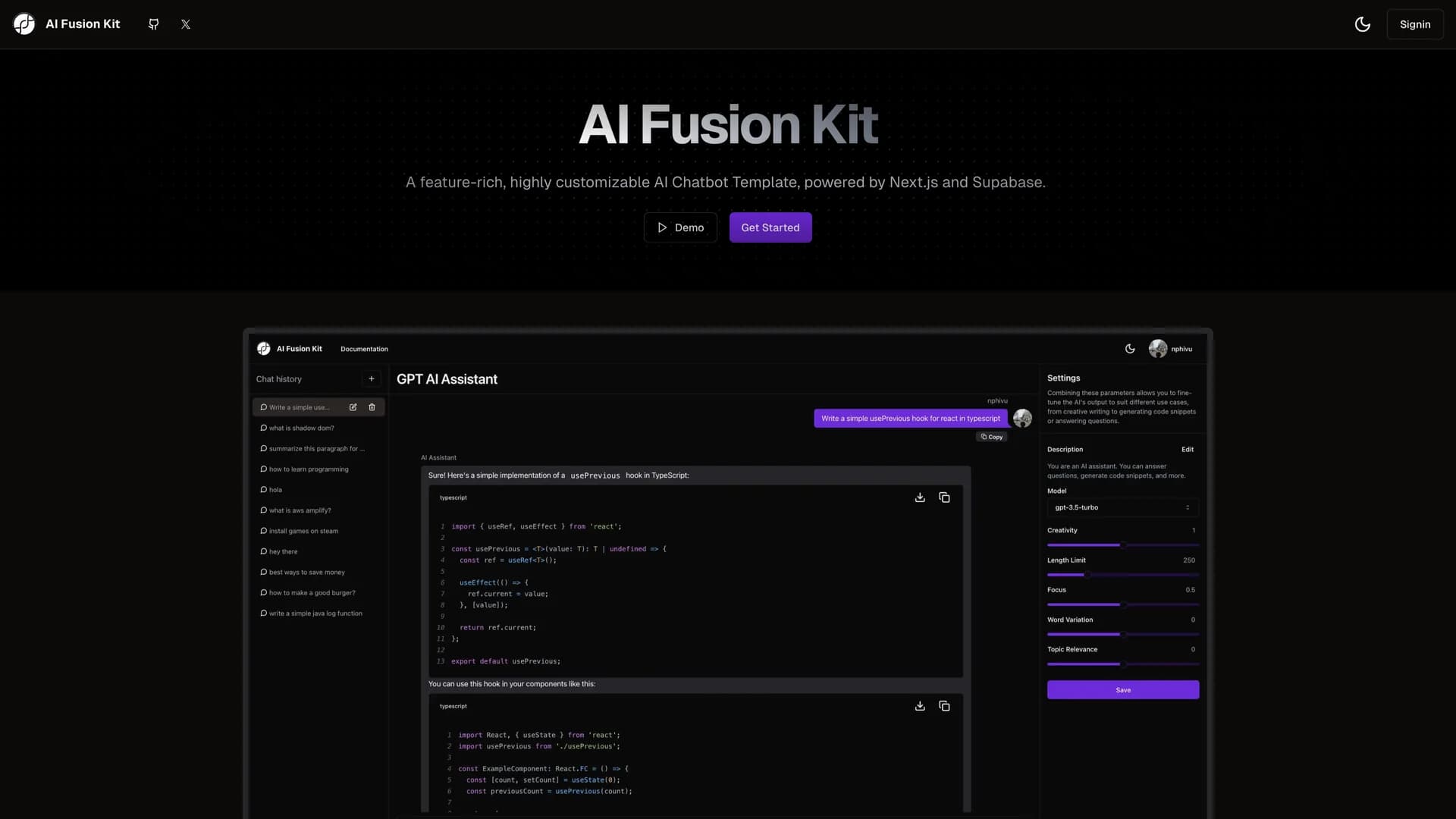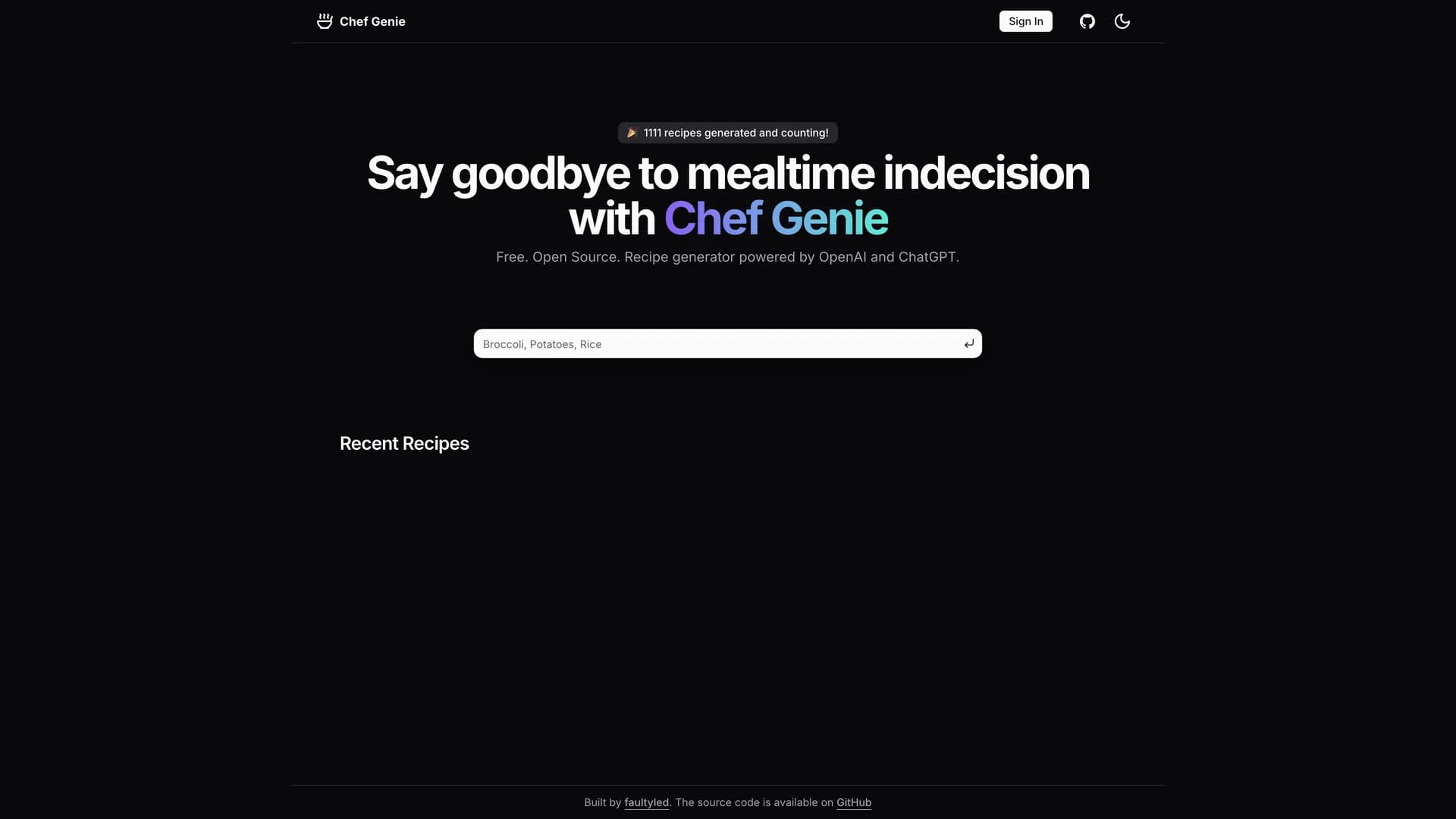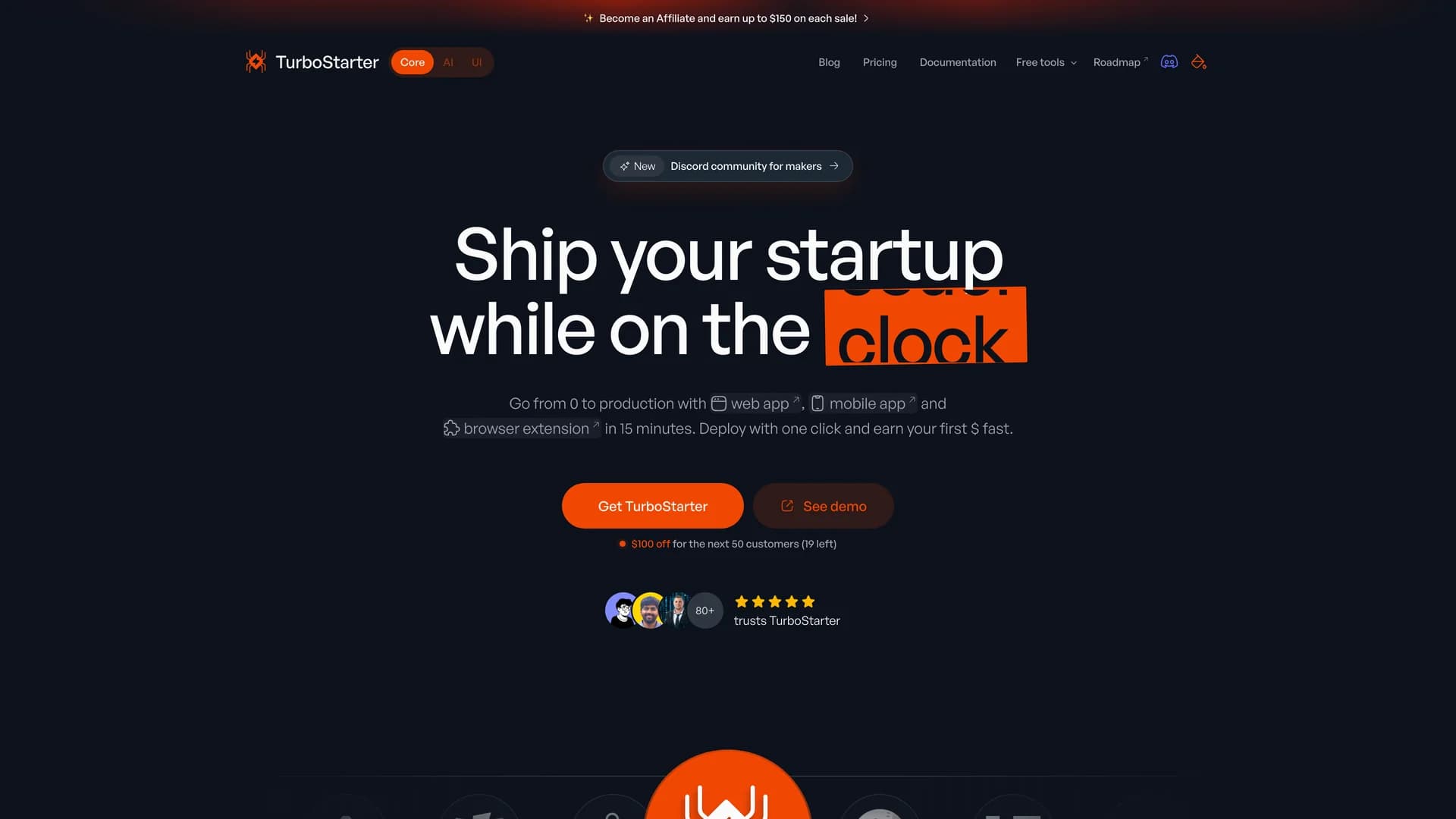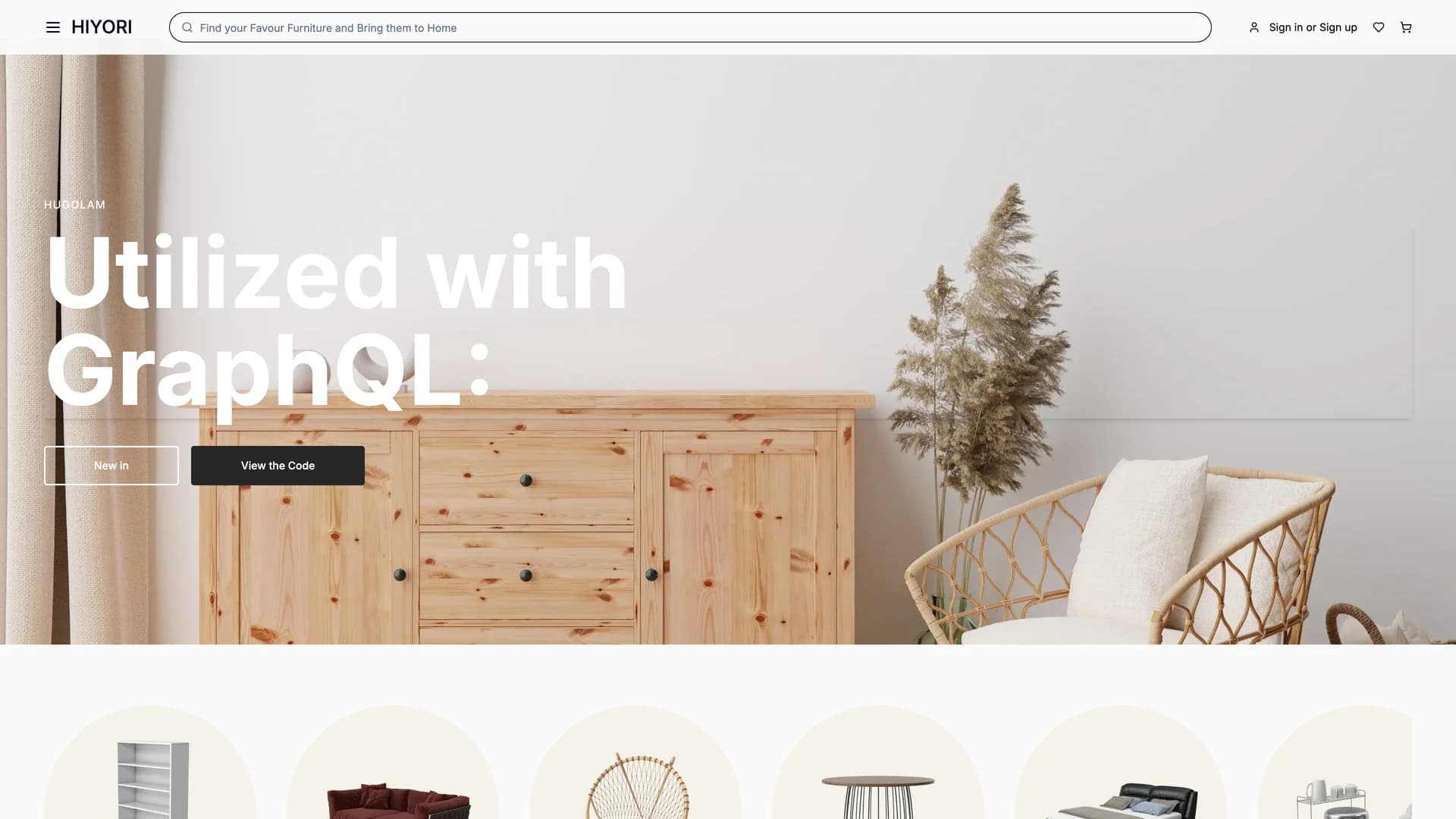React Templates - Supabase
12 templates • 12 contributors • Open source & free
Available Templates (12)
- GridaGrida is an open-source, integrated platform for managing databases, creating forms, and designing websites with deep Supabase integration and shadcn/ui components. Built with TypeScript, Rust, PostgreSQL, WebGL, and the Skia graphics engine, it provides a comprehensive suite including database/CMS capabilities with advanced filtering, CSV export, and multiple view types (gallery, list, charts), form builder with 30+ input types, logic blocks, custom themes, and realtime sync in 12 languages, and an infinite canvas with drag-and-drop, Figma import, and WebGL rendering. The platform connects directly to Supabase projects, supporting views, storage, authentication, and table integration, while the canvas feature (technical preview) offers multiple backend supports for design components and presentations. Perfect for creators, developers, and business owners, Grida provides powerful database management, form creation, and design capabilities in a free, accessible platform that combines the flexibility of a headless CMS with visual design tools.
- MVP BoilerplateMVP Boilerplate is a full-stack starter template combining Flutter for mobile development and Next.js for web applications, both sharing a unified Supabase backend for rapid cross-platform MVP development. The project provides complete authentication flows with Supabase Auth, Stripe payment integration for subscriptions and one-time purchases, shadcn/ui components for the web interface, and a responsive Flutter mobile app with Material Design. Built for developers launching products quickly across iOS, Android, and web, the boilerplate includes user management, payment processing, database schemas, and deployment configurations out of the box. The architecture separates mobile and web codebases while sharing authentication, database, and business logic through Supabase's unified platform, eliminating the need to maintain separate backend services. With TypeScript type safety on the web, Dart for mobile, and PostgreSQL for data persistence, the template provides a production-ready foundation for SaaS applications, mobile apps with web companions, or any project requiring cross-platform deployment with minimal setup time.
- BasejumpBasejump is a Supabase extension providing production-ready authentication, team accounts, billing, and permission management through database-level schemas and helper functions. The MIT-licensed project extends Supabase with multi-tenant architecture supporting team creation, member invitations, role-based permissions, and subscription billing all managed through PostgreSQL schemas and Row Level Security policies. Built specifically for Supabase projects, Basejump eliminates the need to build common SaaS infrastructure by providing database migrations for account management, team hierarchies, billing integrations, and access control that work seamlessly with Supabase Auth. The extension includes TypeScript client libraries, React hooks for easy frontend integration, and comprehensive documentation for implementing team-based applications where users belong to multiple organizations with different permission levels. Perfect for B2B SaaS platforms, collaborative tools, agency portals, or any application requiring sophisticated multi-tenant architecture with team accounts, role-based permissions, and subscription management built directly into the Supabase database layer.
- Cult Directory TemplateCult Directory Template is a full-stack startup directory platform built with Next.js 13, shadcn/ui, and Supabase, designed to help entrepreneurs quickly build and launch directory websites with advanced features and AI-powered data enrichment. The template provides user authentication, product filters, customizable themes with dark and light modes, and an admin dashboard with analytics for managing directory content. Built with Next.js, Tailwind CSS, Supabase for database and authentication, and Vercel AI SDK, the platform includes a 3-stage AI bulk data enrichment script that crawls and enhances directory product information automatically. The template offers both free and paid versions ($119), with the paid version including advanced admin tools and AI enrichment features for automated product data collection and processing. Perfect for building startup directories, product showcases, tool collections, or any curated listing platform requiring rapid development, AI-powered content enrichment, and professional design with minimal setup and configuration.
- Next Supabase Stripe StarterNext Supabase Stripe Starter is a high-quality SaaS template designed to accelerate subscription-based application development with seamless integration between Stripe payments and Supabase database. The MIT-licensed starter provides automatic webhook synchronization between Stripe and Supabase, ensuring product data, subscriptions, and customer information stay perfectly synchronized across both platforms. Built with Next.js 15, Supabase (PostgreSQL and authentication), Stripe (payments, subscriptions, customer portal), React Email, Resend, Tailwind CSS, and shadcn/ui components, the template includes Stripe fixtures for easy product data bootstrapping and Supabase migrations for database schema management. The starter features responsive and accessible prebuilt pages, flexible authentication provider support, integrated email system with React Email and Resend, and dynamic product metadata with type-safe schema parsing. Perfect for building SaaS platforms, membership sites, subscription services, or any application requiring robust payment processing with Stripe and modern database management with Supabase, the starter helps developers bootstrap production-ready applications built to move quickly.
- ZolaZola is a free, open-source AI chat application providing a unified interface for multiple AI models including OpenAI, Mistral, Claude, Gemini, and local Ollama models with "bring your own API key" (BYOK) support via OpenRouter. The Apache 2.0-licensed platform features automatic local Ollama model detection, file upload capabilities, clean responsive UI with light/dark themes, self-hosting options, and flexible architecture allowing seamless switching between cloud and local AI models. Built with TypeScript, Next.js, Tailwind CSS, shadcn/ui, Supabase for authentication and storage, Vercel AI SDK for model integrations, and Prompt-kit for prompt management, Zola provides a customizable chat experience for any AI model. The platform supports running AI models locally for privacy, using cloud models when needed, and combining multiple models in single workflows. Perfect for developers testing different AI models, privacy-conscious users wanting local AI capabilities, teams requiring flexible AI integrations, or any application needing a beautiful chat interface with multi-model support, Zola is currently in beta and sponsored by Vercel's OSS Program.
- AI LLM ComparisonAI LLM Comparison is a comprehensive, open-source web application built with Next.js 14, TypeScript, Tailwind CSS, Radix UI, and integrated with Vercel Analytics and PostHog, designed to help users compare AI language models across different providers in one centralized platform. This invaluable resource provides price comparison across major AI providers (OpenAI, Anthropic, Google, Meta, Cohere), an interactive pricing calculator for cost estimation, side-by-side model comparisons highlighting capabilities and limitations, real-time data updates sourced from BerriAI's LiteLLM for accuracy, responsive design for all devices, and completely free access without registration requirements. The platform addresses the growing challenge of AI model selection as the LLM landscape becomes increasingly complex with diverse pricing models, capability differences, and provider-specific features. Perfect for developers choosing models for production applications, businesses evaluating AI implementation costs, researchers comparing model capabilities for academic work, or students learning about LLM options and pricing structures. By aggregating accurate, up-to-date information from trusted sources and presenting it through an intuitive comparison interface, this tool eliminates the time-consuming process of visiting multiple provider websites and reconciling different pricing structures, enabling informed decisions about AI model selection based on transparent data rather than marketing materials.
- FirestartaFirestarta is a comprehensive Next.js SaaS boilerplate built with TypeScript, NextAuth for authentication, Prisma ORM, Supabase Postgres, Lemon Squeezy for subscription management, Sass, shadcn/ui, and Lucide icons, designed to provide a robust starting point for web applications requiring user authentication, subscription payments, and modern development practices. This production-ready template features App directory structure with Route Groups, Intercepting and Parallel Routes, server-side and client-side rendering for optimal performance, comprehensive user authentication flows, integrated subscription management with Lemon Squeezy, responsive design across all devices, internationalization support for global markets, and custom components following best practices. Built with modern web development standards and a flexible, extensible architecture, Firestarta eliminates weeks of initial setup work that every SaaS application requires before addressing unique product features. Perfect for developers building subscription-based products, entrepreneurs launching SaaS businesses with limited technical teams, agencies delivering custom SaaS solutions for clients, or any project where rapid development without sacrificing code quality and scalability determines market success. The integration of NextAuth, Prisma, and Supabase provides a complete authentication and data management stack, while Lemon Squeezy handles the complexity of subscription billing, tax compliance, and payment processing, enabling founders to focus on product differentiation and customer acquisition rather than infrastructure and payment integration challenges.
- AI Fusion KitAI Fusion Kit is a comprehensive, production-ready AI web application template that accelerates the development of modern AI-powered applications with Next.js 14, React, TypeScript, and shadcn/ui. Built on the App Router architecture, this feature-rich template integrates Supabase for authentication and database management, OpenAI for AI capabilities, and Stripe for payment processing, providing a complete foundation for building SaaS products with AI features. The template includes pre-built AI chat interfaces with streaming responses, user authentication and profile management, subscription and billing integration, responsive UI components following shadcn/ui design patterns, database schema with Supabase migrations, middleware for protected routes, and webhook handlers for Stripe events. The modular architecture allows developers to customize AI models, swap authentication providers, adjust pricing tiers, and extend the component library while maintaining type safety throughout. Use cases include launching AI chatbot applications with subscription monetization, building AI writing assistants or content generation tools, creating customer support platforms with AI-powered responses, and developing AI research or experimentation interfaces. The template significantly reduces development time by providing battle-tested patterns for authentication, payments, AI integration, and database management, allowing teams to focus on unique product features rather than boilerplate setup.
- Chef GenieChef Genie is an AI-powered recipe generation application that leverages OpenAI's GPT 3.5 Turbo to create personalized recipes based on user preferences, dietary restrictions, and available ingredients. Built with Next.js 14 Server Actions, Supabase for database and authentication, Clerk for user management, Tailwind CSS, Radix UI, and shadcn/ui components, this project demonstrates how to integrate cutting-edge AI capabilities into modern web applications for practical, everyday use cases. The application features intelligent recipe generation by analyzing user inputs for ingredients, cuisines, and dietary needs, personalized recommendations considering allergies, preferences, and skill levels, recipe saving and organization in user accounts powered by Supabase, beautiful, responsive UI with shadcn/ui components ensuring excellent user experience, server-side rendering for optimal performance and SEO, Zod validation for type-safe form inputs and API requests, and Vercel Analytics integration for monitoring user behavior and performance. The AI integration showcases proper OpenAI API implementation including prompt engineering for consistent recipe outputs, error handling for API failures and rate limits, streaming responses for real-time recipe generation feedback, and cost-effective token usage patterns. This project is currently in active development and serves as an excellent reference for developers building AI-powered food and cooking applications, learning how to integrate OpenAI with Next.js Server Actions, creating personalized content generation systems, implementing user authentication with Clerk and Supabase together, and studying modern full-stack architecture patterns. Chef Genie solves the common problem of "what should I cook" by providing creative, AI-generated recipes tailored to what users have on hand and their dietary needs, making cooking more accessible and enjoyable.
- Turbostarter ExtroExtro is an opinionated, open-source browser extension starter kit based on learnings from building multiple production extensions, providing a comprehensive foundation with React, WXT framework, Supabase backend, shadcn/ui components, TypeScript, Tailwind CSS, Bun package manager, Vite for frontend tooling, and Biome for linting and formatting. Created by Bartosz Zagrodzki, this starter kit eliminates months of configuration by providing battle-tested patterns for authentication, storage, messaging, and deployment across Chrome and Firefox browsers. The template features full TypeScript type safety across extension pages and backend services, support for all extension page types including popup, options, background workers, content scripts, and side panels, authentication and OAuth integration powered by Supabase, storage and messaging APIs for cross-context communication, hot module replacement for instant feedback during development, pre-configured CI/CD pipelines for automated testing and deployment, internationalization (i18n) support for multi-language extensions, analytics integration for tracking user behavior, and modern development tooling with Biome for fast linting and formatting. Unlike starting from scratch with browser extension APIs, Extro provides proven patterns for handling complex scenarios like cross-origin messaging, persistent storage across extension contexts, authentication flows within extension constraints, and building multiple extension pages that share code efficiently. This starter is invaluable for developers building productivity extensions who want to focus on features rather than boilerplate, indie developers launching browser extensions as products, teams creating internal tools as browser extensions, developers migrating from Manifest V2 to V3, and anyone frustrated with the complexity of browser extension development. The opinionated stack means less decision fatigue while maintaining the flexibility to customize for specific needs. Extro demonstrates how to architect modern browser extensions with proper separation of concerns, integrate backend services with extension frontends, implement authentication within extension security constraints, and deploy extensions to both Chrome Web Store and Firefox Add-ons.
- Hiyori Ecommerce Next.js SupabaseHiyoRi is a full-featured e-commerce platform with a custom Content Management System, delivering a modern online shopping experience with powerful backend management capabilities. Built with Next.js 14, GraphQL, Supabase, Drizzle ORM, shadcn/ui, and Tailwind CSS, it provides everything needed to launch and manage an online store. The platform features a complete product catalog with categories and variants, shopping cart and checkout flow with Stripe integration, customer account management with order history, admin CMS for inventory and order management, and real-time inventory tracking. HiyoRi includes GraphQL API for flexible data queries, image optimization and CDN integration, SEO-optimized product pages, responsive design for mobile shopping, and comprehensive analytics dashboard. Perfect for building fashion e-commerce sites, multi-vendor marketplaces, digital product stores, or any business requiring a scalable online retail platform with custom content management.
